|
It was lovely to meet up with one of my terrific old history teachers today - and also to talk with my godmother once more tonight - always a delight, even if in years past she didn't quite provide a dress for the ball, with coach and attendants! Among other things - principally wonderful anecdotes from decades of love and laughter she and her husband shared in deep friendship my parents - about my first fabled trip to Ireland as a baby: which included how they lost sight of me in a Dublin street at one point, only to find me surrounded by a whole bunch of nuns cooing over my pram and each giving me their blessing - now that could explain a lot ;-)
0 Comments
I have been quite moved this week - with all kinds of trans pride, past trauma and hope rising up - as the reality sinks into my body and consciousness that the Uniting Church makes a vital little bit of history this Sunday. For we hold the first ever Induction in a mainstream Australian Church of an openly transgender ordained person (as distinct from allowing someone to continue in an existing role after coming out) - and without all the cruel insistence on justifying trans existence so often present around us. Trans people do not need churchy validation, but, my God, as I know from others, it makes such a difference for so many journeys of affirmation and empowerment when pathways are opened. It is a huge tribute to those who have made the way - to trans and other queer people ourselves, and not least to those in the Pitt Street story who've created the ground for this and other things (not least my distinguished predecessors). Of course, this placement is about much, much more, but it is one significant aspect. There's a long way to go, but I'm so proud of the Uniting Church in this, and pray that it may be a contribution to the much needed changes in law, health, and education required to support gender diverse people who are currently under such attack (not least in New South Wales right now. I'm also thrilled to have so many different people attending, and messages of encouragement, from right across the Christian and community spectrum, and I know that what we share on Sunday is part of the broader changes coming into being also. May all people and their/our gifts flourish!
I've been warmly welcomed by members of the Uniting Church as I prepare to be inducted to ministry with Pitt Street Uniting Church in Sydney. Here below is Jonathan Foye's article for Insights (Uniting Synod NSW/ACT) - reproduced from the magazine here...
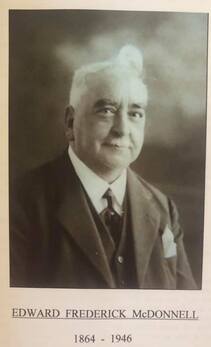 Reflecting on Congregationalist history, as I join Pitt Street Uniting Church, has me also recalling one of my great grandfathers, who was a prominent Congregationalist layman - preaching, supporting and part-funding Congregationalist life and mission (especially in Stratford, the East of London, Penge and Fulham). The child of immigrant Irish Catholics, he rose to become a successful manager - and, in marrying, changed his name from McDonnell (my now reclaimed middle name) to MacDonald (partly as a Scottish-sounding name was so far better received in England than an Irish one, and as his wife Jane had also changed her own name from Maindonald in her immigation from Guernsey). I love many of the historical tributes to E.F - in many ways, a case study in social and cultural history - not least the words of the Mayor of Stratford who declared that E.F believed that any type of Christianity that focused too much on another world was not Christianity at all, but that it should be one that enabled people to do some good. I guess in that, at least - and, I hope, in the warmth of his expression - there is a continuing family resemblance?!... I am delighted by friends and colleagues who have been working on a project for May-June 2021 entilted From Biscuits to Bishop: Changing women, changing church - A celebration of Anglican women’s history in Brisbane Diocese. From Biscuits to Bishop is a multimedia exhibition celebrating Anglican women . The digital exhibition, to be launched in mid-2021, will be complemented by a display of objects and memorabilia in St John’s Cathedral Brisbane...
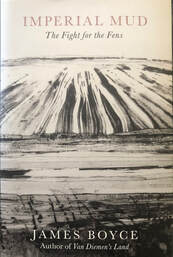 Recently I spoke in a sermon about how, as I grew up, I saw the devastation of the English landscape in Lincolnshire, as industrialised ideas of agriculture ripped out hedgerows in the search of short-term profit (see here). A fellow member of Milton Anglicans then shared with me a recent book by her brother, historian and writer, James Boyce. Writing of their ancestral lands, this is entitled Imperial Mud: the Fight for the Fens (Icon Books, London, 2020). It tells of the thousands of years of resistance by the fen peoples of eastern England to the seizing, enclosing, draining, and 'improving' of their lands. It is another part of English history which has buried for too long, a 'home-grown' example of the growth of imperial attitudes and policies which were exported overseas... One of the most life-giving parts of my ministry in Toowoomba was the installation of the Reconciliation Cross in St Luke's Anglican Church. Created by renowned Aboriginal artist Uncle Colin Isaacs, as a gift from Heather Johnston (a descendant of one of the original European settlers), this commemorates the great Aboriginal leader Multuggerah, the Battle of One Tree Hill, and Aboriginal resistance to invasion and dispossession. It was overseen with the guidance and leadership of the late Uncle Darby McCarthy and other local elders, with particularly notable support from Mark Copland (from the Social Justice Unit of the Catholic diocese of Toowoomba). It represents a vital visible step in Australian Reconciliation, affirming a continuing journey for recognition and justice. For, in these days of #BlackLIvesMatter and questions about 'white' history and memorials, it offers a tangible example of what can be done to renew our histories and nurture new symbolism and focal points for a better future together. In my view, as both an historian and a priest, it is undoubtedly appropriate that some, more offensive, statues and other historical artefacts are replaced and/or re-used in new ways. Others might have constructive adaptations or additions made. Both of these courses have indeed been employed, on church owned sites, as part of Church practice in addressing the legacy of, and memorials, to child abusers, and those who have colluded with them. Much much more important however is addressing living injustices and forging new pathways. Reclaiming Australia's 'black history' is a crucial aspect of this and Toowoomba's Reconciliation Cross is a living symbol.. It is therefore a cause of thanksgiving that it is placed in the centre of Toowoomba, in one of its oldest and most significant spiritual buildings, available for anyone to visit, to ponder and to encourage the next urgent steps in the journey of justice and healing...
Oscar Romero, the great El Salvadorean archbishop and martyr, observed that the task of the Church in every generation is to make of that country’s history a history of salvation. This has always struck me strongly and I’ve been pondering it in relation to ANZAC Day and St George’s Day (the English national day) this week. As a saint, Oscar Romero’s feast day also falls appropriately between those two dates and challenges us to relate our national histories to that of Israel as described in the Bible. What can we learn?...
Humpty Dumpty sat on a wall.
Humpty Dumpty had a great fall. All the Pope’s horses and all the Pope’s men (and women), couldn’t put Humpty together again. For good and ill, the era we know as the Reformation has hugely shaped us. It involved immense fragmentation: both a breaking down and a breaking open. Like Humpty Dumpty, that which went before had ‘a great fall’ and could not be put together again as it had been. Especially within Christian life, it has thus bequeathed so many features we simply take for granted. Some have lasting value. Others are much more questionable. This includes the very existence of different Christian traditions, in what, from the 19th century, we have termed denominations. This was not, of course, an intended outcome. Indeed, it would have seemed anathema to any Reformer, as well as to the Church of Rome. Yet it is part of our Reformation inheritance. So what do we make of this, for God’s continuing mission? What is worth keeping? How might we move on together? This reflection is not a traditional potted history. Nor does it seek to draw us into comparisons of our different Christian traditions, never mind reassemble past dynamics and rhetoric. Instead, it outlines briefly both vital differences and also important similarities between that age and our own. In doing so, it identifies a number of negative features which often mar our churches and world. It also suggests a number of positive features which can heal and take us forward. Hopefully, in the contemporary spirit of ‘receptive ecumenism’, these may then provide a basis for assessing which Reformation gifts we will own together and which we will leave behind. What else, we might then ask, do we need for our journey onwards today?... 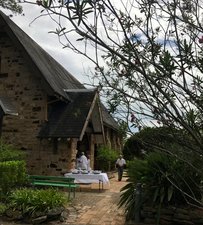 Asked for a prayer, poem or other contribution to greeting Penny at her commissioning service, I could do no better than turn to John O'Donohue's wonderful book of blessings To Bless the Space Between Us. It was a blessing for the space that is the Chapel of the Holy Spirit, and not only for Penny, and I, but also for those who have long found their spiritual home elsewhere. Especially at this time, as we come this week to the pain and promise of the fateful date of 26 January, it is also a blessing for all human beings and their ancestors who have come to Australia. It is a reminder of the 'big history' and mystery beyond us all. May it be a blessing to all: Before a human voice was ever heard here, This place has known the respect of stone, The friendship of the wind, always returning With news of elsewhere, whispered in seed and pollen, The thin symphonies of birdsong softening the silence, The litanies of rain rearranging the air, Cascades of sunlight opening and closing days, And the glow of the moon gazing through darkness. May all that elemental enrichment Bless the foundation and standing of your home. Before you came here, this place has nown The wonder of children's eyes, The hope of mornings in troubled hearts, The tranquillity of twilight easing the night, The drama of dreams under sleeping eyelids, The generous disturbance of birth, The anxieties of old age unclenching into grace And the final elegance of calmly embraced death. May the life of your new home enter Into this inheritance of spirit. May the rain fall kindly, May daylight illuminate your hearts, May the darkness never burden, May those who dwell here in the unseen Watch over your coming and going. May your lives of love and promise Refine and deepen the spirit of this land. (also posted on the Milton Anglican blog) |
AuthorJo Inkpin is an Anglican priest serving as Minister of Pitt St Uniting Church in Sydney, a trans woman, theologian & justice activist. These are some of my reflections on life, spirit, and the search for peace, justice & sustainable creation. Archives
July 2024
Categories
All
|
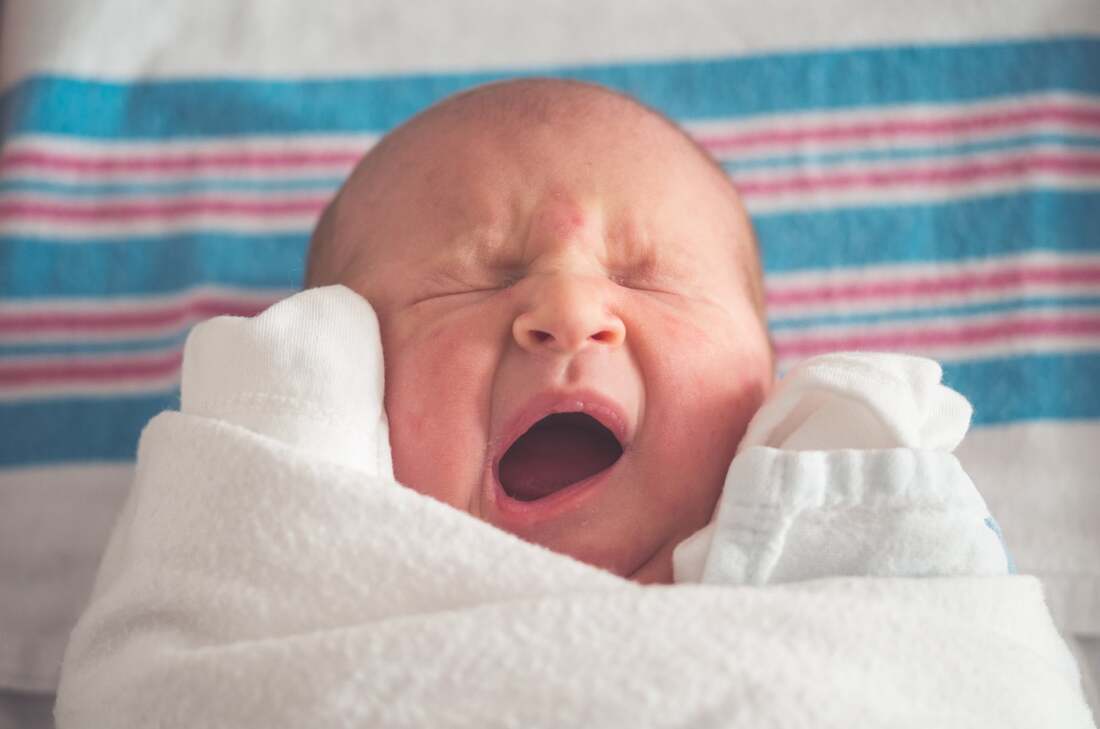
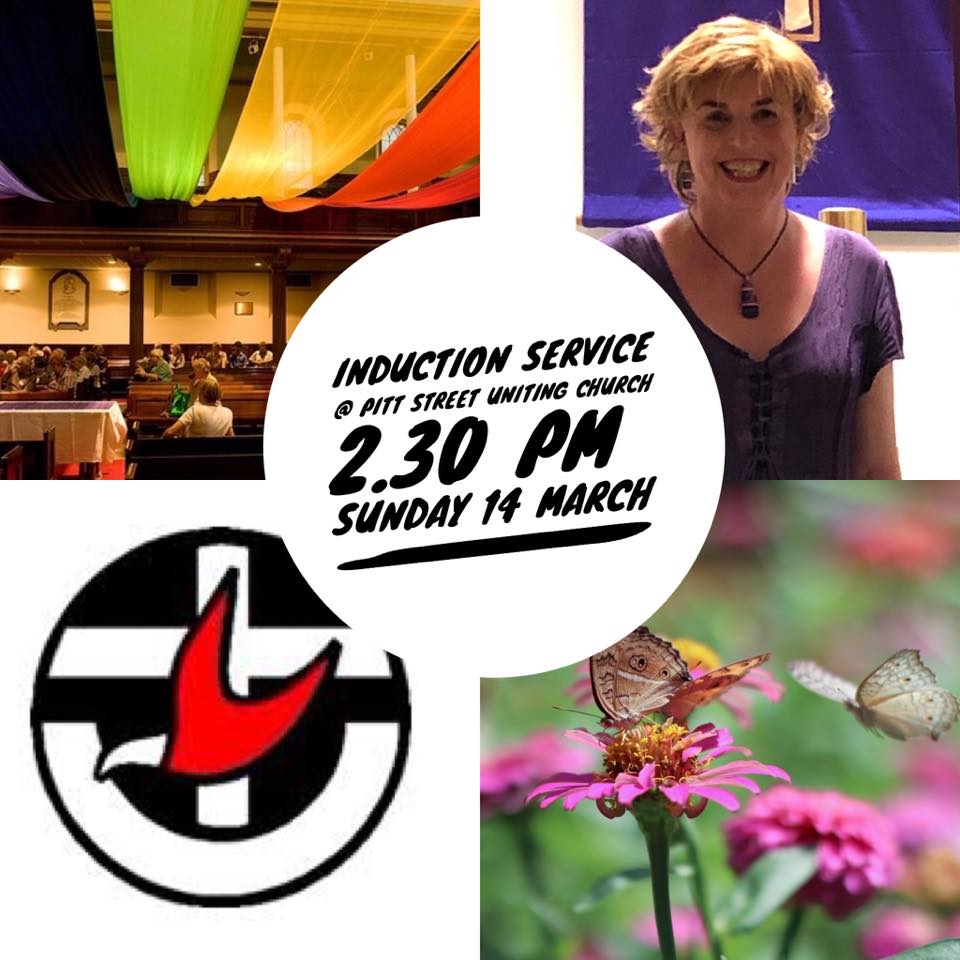
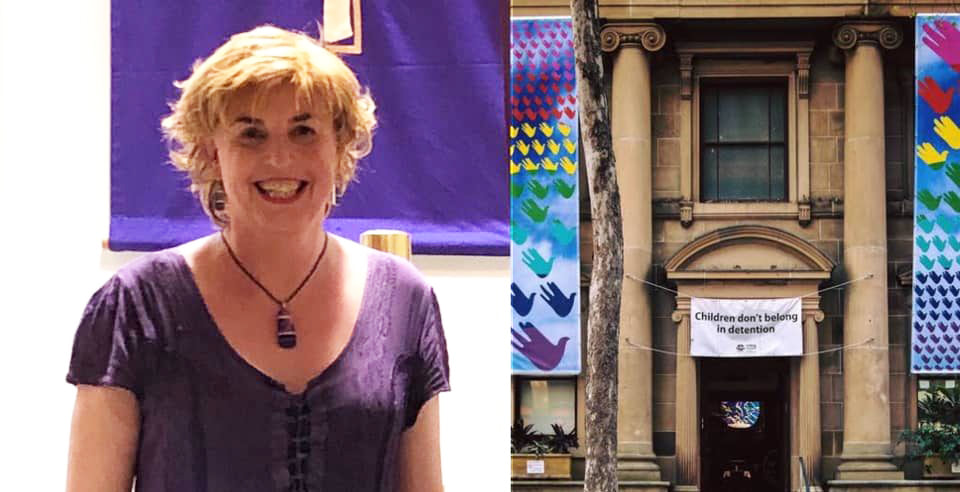
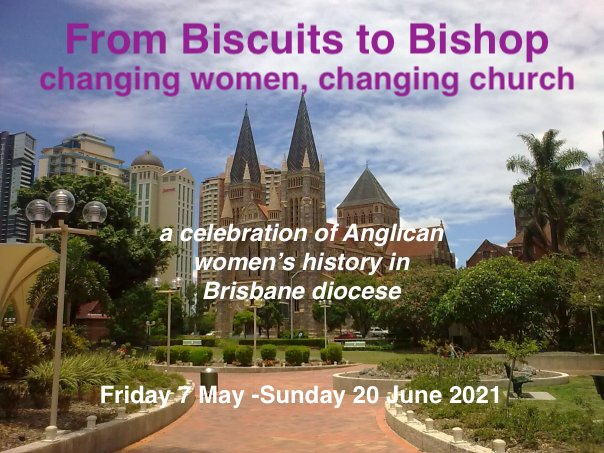
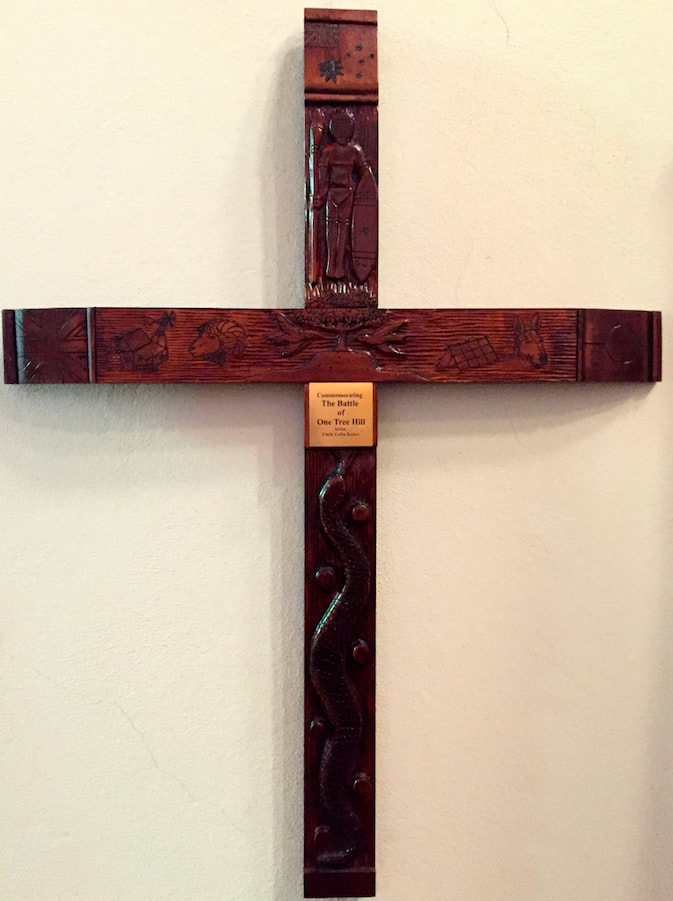
 RSS Feed
RSS Feed